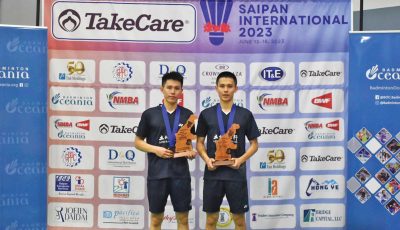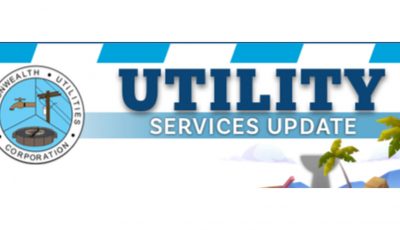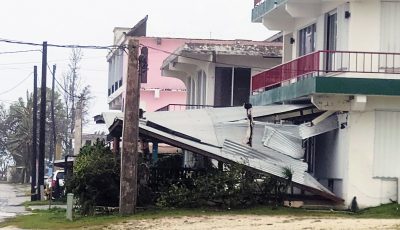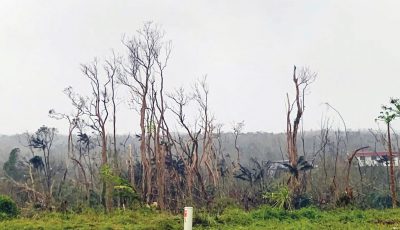WOMEN OF EXCELLENCE
Inspired by the power and beauty of the ocean
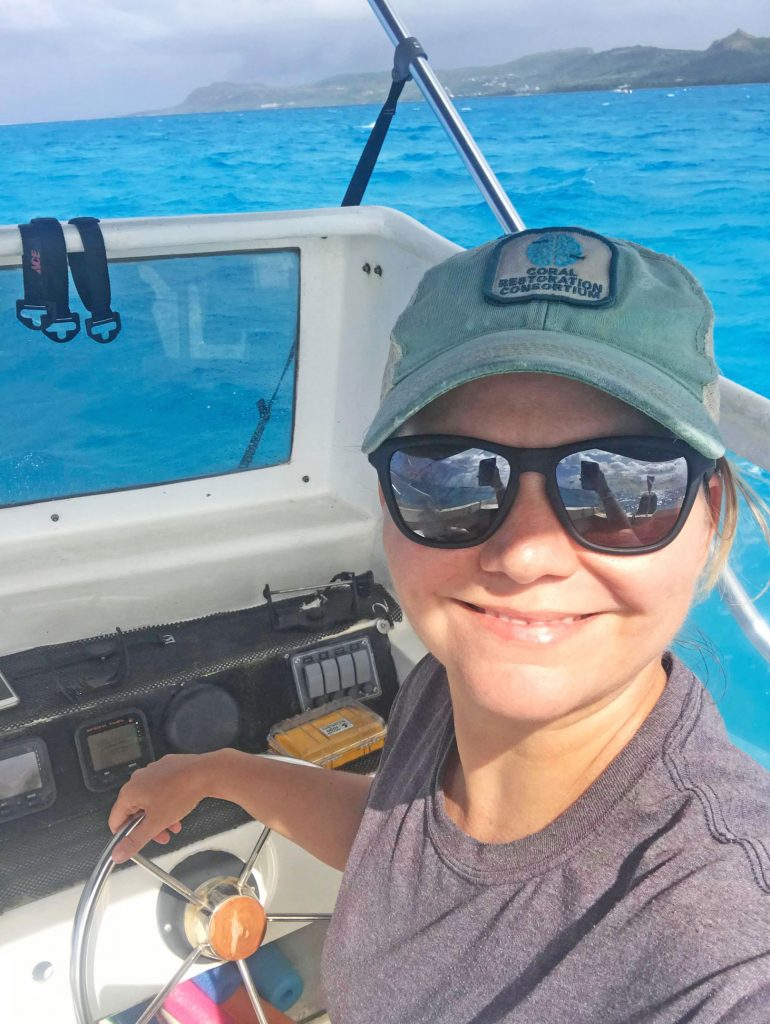
Johnston
Children often get asked, “What do you want to be when you grow up?”
Usually, they would say, “A fireman” or “A policeman” or maybe, “A doctor.”
Aww, that’s cute, you say.
How then would you react if a child pipes up, “I want to be a coral reef ecologist.”
Yep, it’s not exactly a popular job among kids but knowing that someone actually does this job and lives on Saipan makes this career not so far-fetched.
Lyza Johnston is a coral reef ecologist and has been studying coral reefs from Rota to the Northern Islands. She owns Johnston Applied Marine Sciences, which is dedicated to providing scientific support services to governmental and non-governmental organizations focused on the conservation and sustainable management of coral reefs and other marine ecosystems.
According to her, coral reefs only grow in warm tropical waters that often surround idyllic islands. That was a motivation strong enough for Johnston to specialize ion corals. “I love the ocean and marine ecosystems. After my first internship with National Oceanic and Atmospheric Administration in Miami, I was totally hooked. It’s a whole other world down there, a world that is fascinating, beautiful, wonderfully bizarre, and really important to human life,” she said.
Unfortunately, although it covers over 70% of the surface of the planet, the ocean often gets overlooked because most people don’t ever see it, especially below the surface, and don’t understand how important it is to their everyday lives. “So I think that it is important for people like me to not only study the ocean, but also advocate and educate for its protection,” she added.
Johnston has been involved with NOAA for over 15 years. That got started in 2004 as an undergraduate marine science student. Her internship with NOAA in Miami “turned into a Ph.D., really shaping my career path. I was then a NOAA contractor, working in the same lab for six years during graduate school.
“When I first came to Saipan, I was working for the CNMI Bureau of Environmental and Coastal Quality. In that role, I worked closely with the local NOAA office on a variety of management, conservation, and research projects,” she said.
Recently, in the private sector, Johnston was awarded a contract to help NOAA establish the first ocean-based coral nursery in the CNMI.
“This is a very exciting project that will eventually provide local managers with corals for restoring degraded reefs around the CNMI. The nursery was installed last year and is doing really well so far and I am excited about maintaining and expanding the coral nursery as we will be doubling the capacity of the nursery in the first half of the year,” she said.
“I am also working on building partnerships with local, regional, and international organizations to provide more resources for local managers and conservationists. I want to expand my business, hire my first full-time employee, and support at least one local student intern over the summer. Finally, I am hoping to establish a non-profit organization in the CNMI dedicated to coral reef research and conservation,” she added.
Johnston gave a presentation on the coral nursery for visiting members of the Association of Pacific Island Legislatures. “I am most passionate, though, about supporting students, especially girls and women, who are interested in science careers. …I am an adjunct instructor at [the Northern Marianas College], and have mentored 12 student interns over my six years on Saipan,” she said.
“Teaching students and giving them the opportunity to get hand- on experience in marine science and conservation has been incredibly rewarding and I hope to continue and expand those efforts in the future,” she added.
Johnston believes that taking baby steps doesn’t matter in achieving goals. The most important thing is one should never stop. “I constantly advocate for environmental protection and stewardship and I think the most important positive influence that I can have is as a role model for other girls and women who want to be scientists, ecowarriors, and/or business owners,” she said.
“Women are still grossly underrepresented—and underpaid—in STEM fields, boardrooms, and government offices. The more of us that are out there doing these things, the more normal it will become,” she added.



